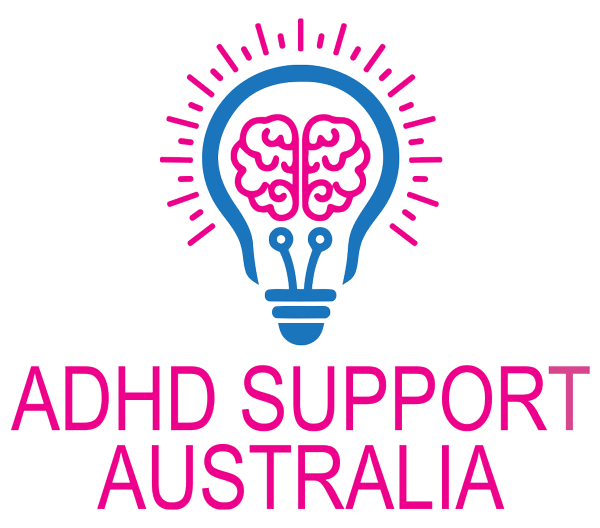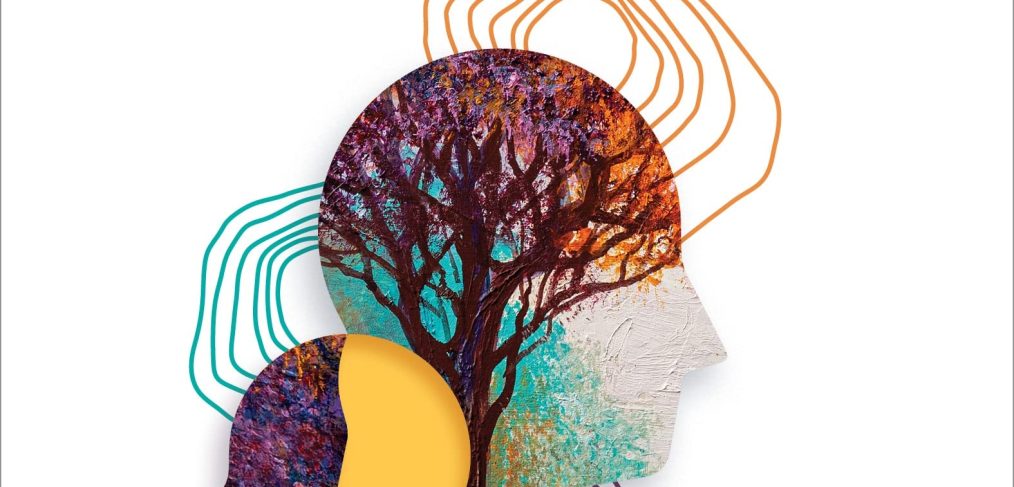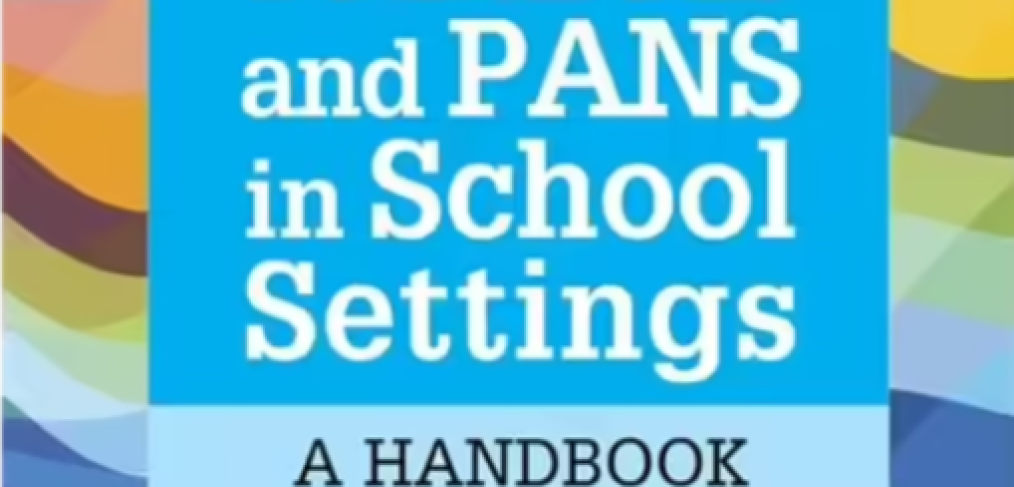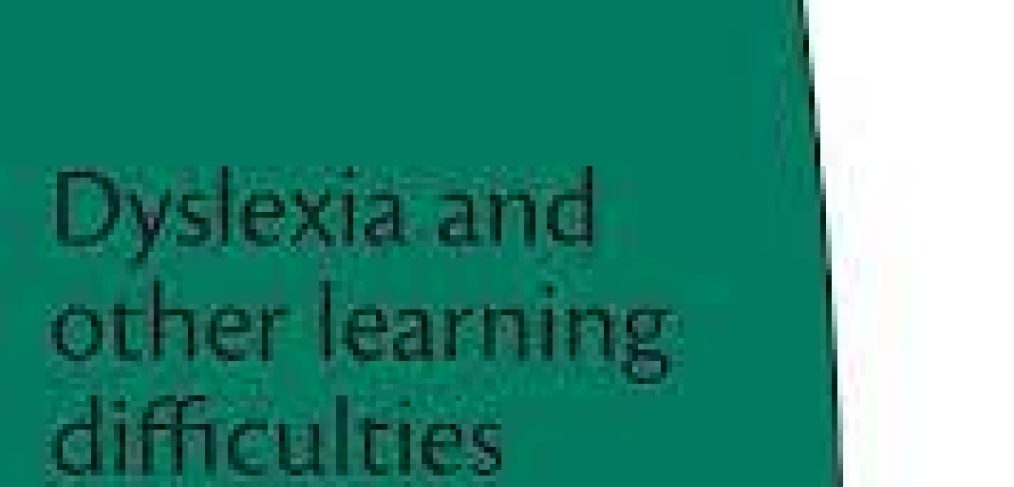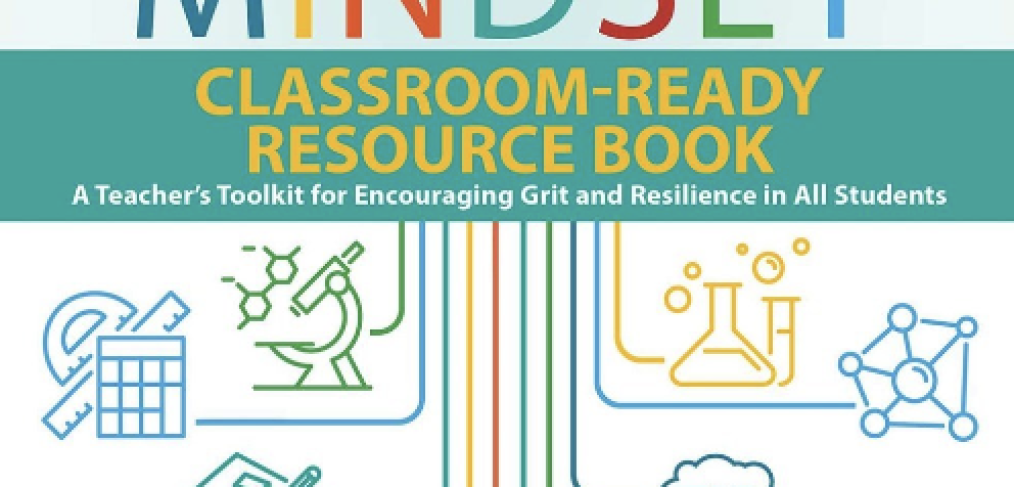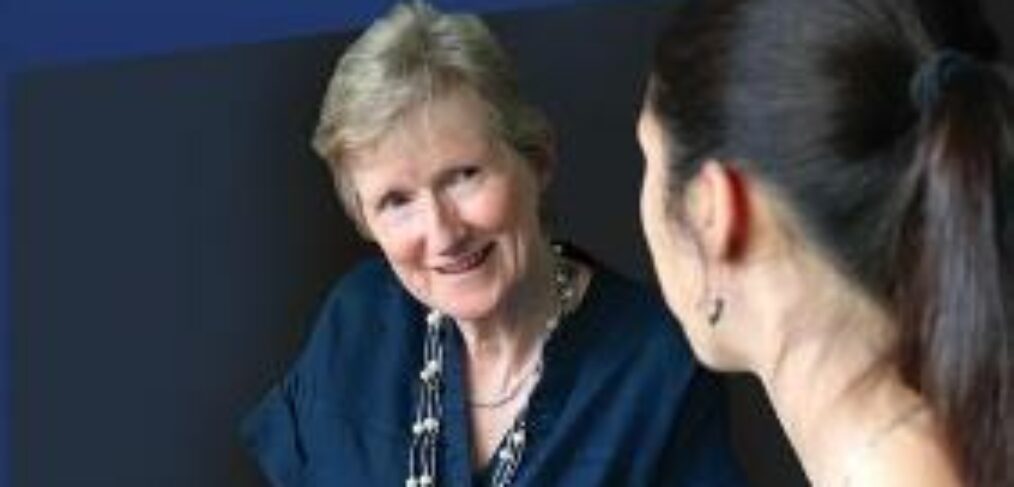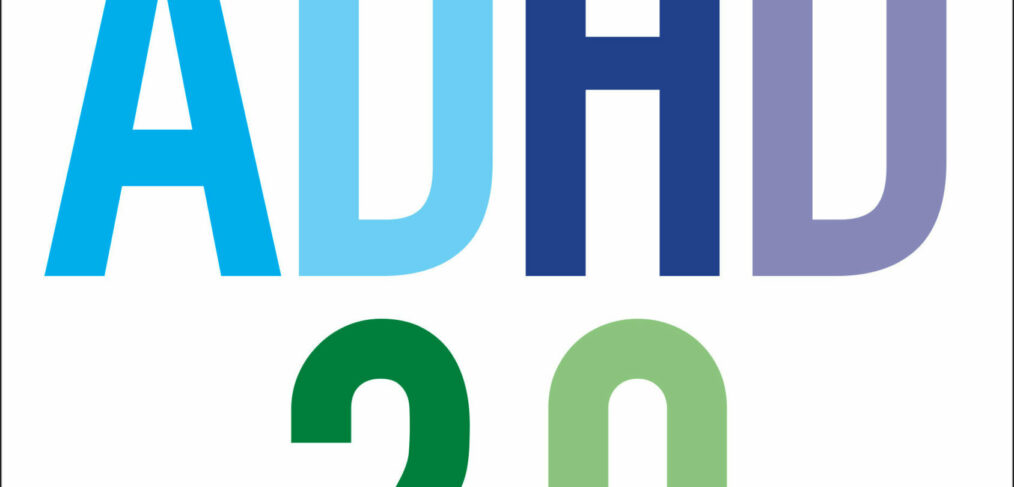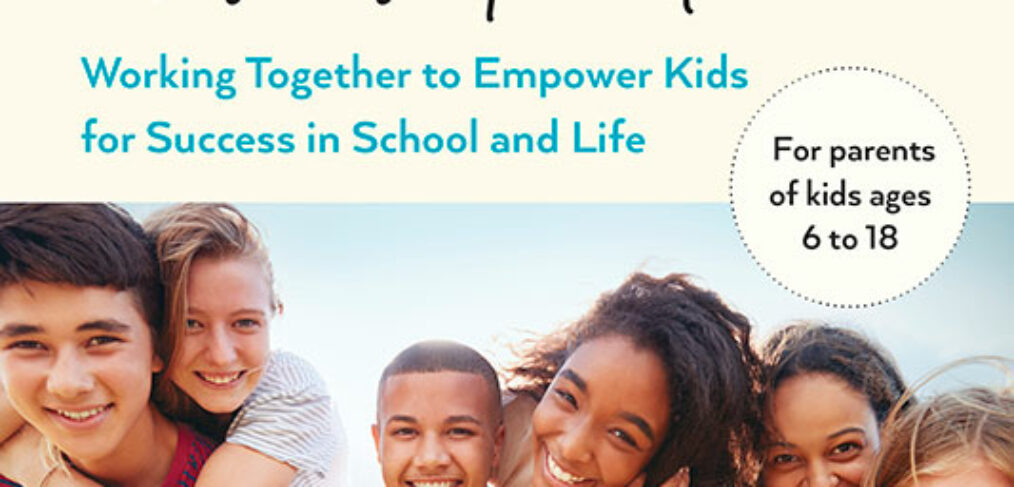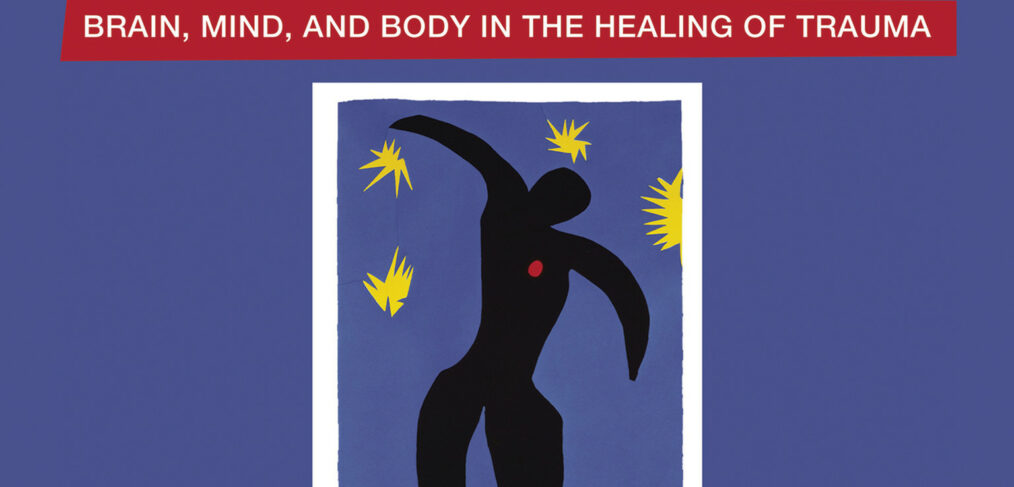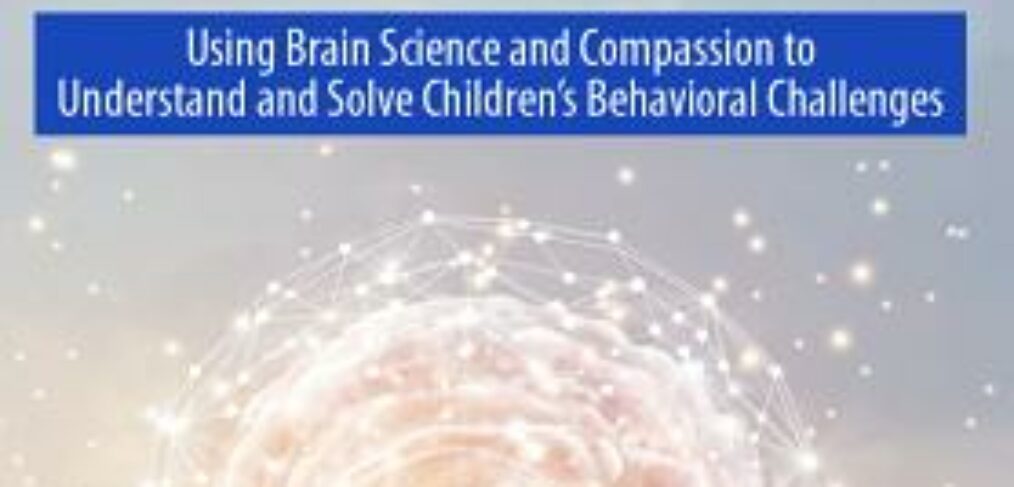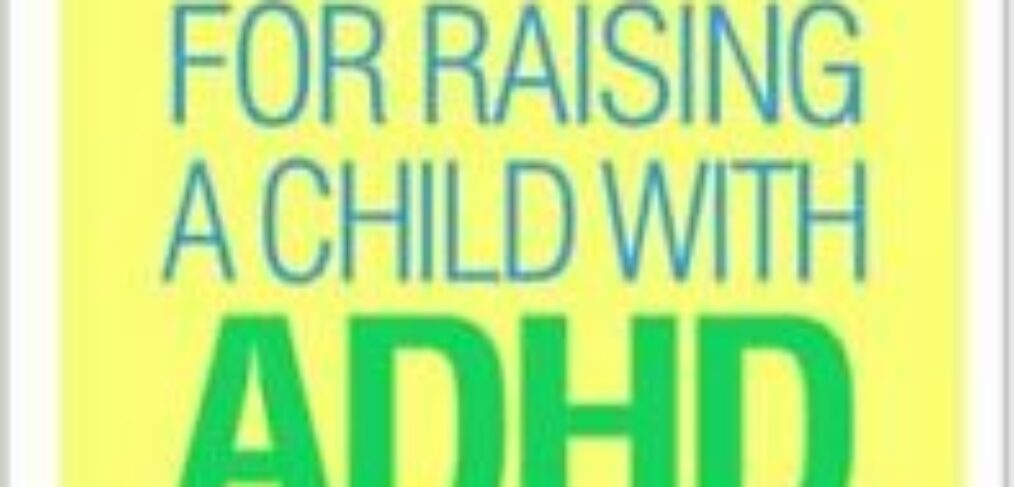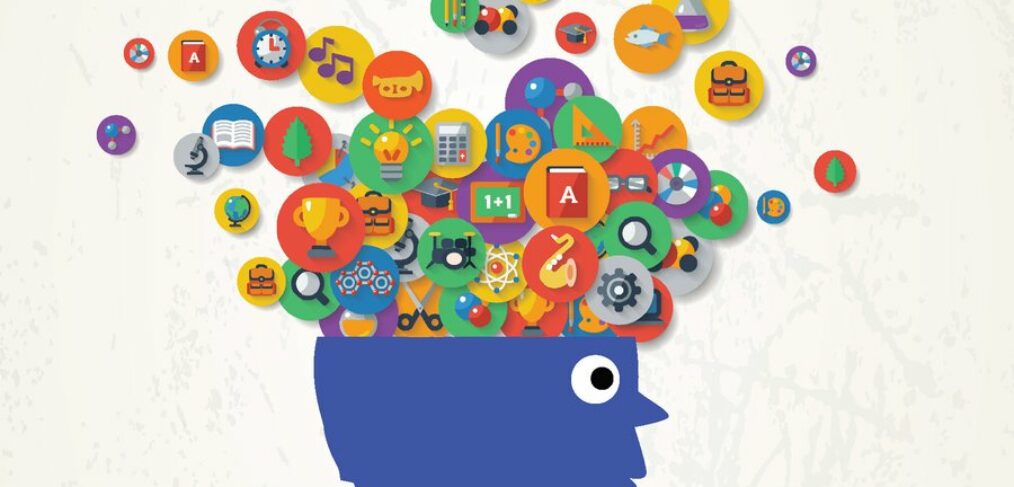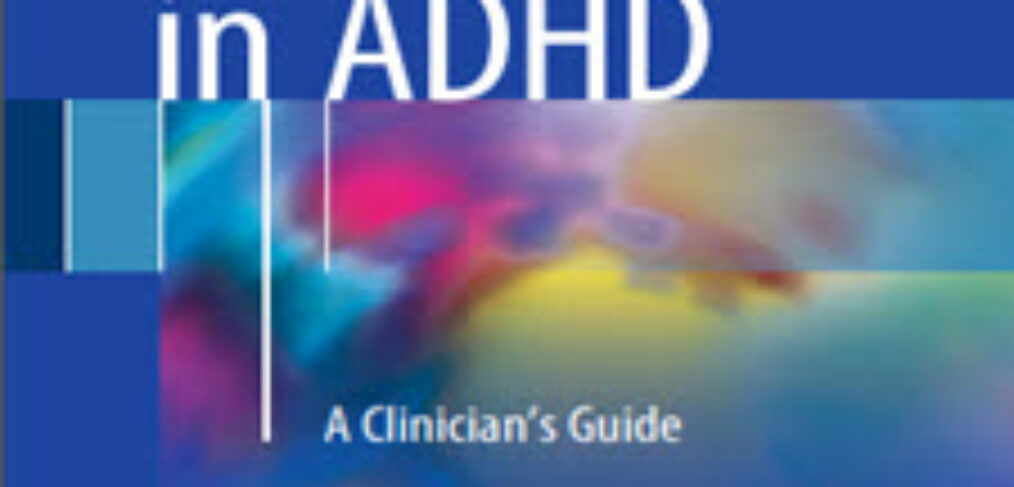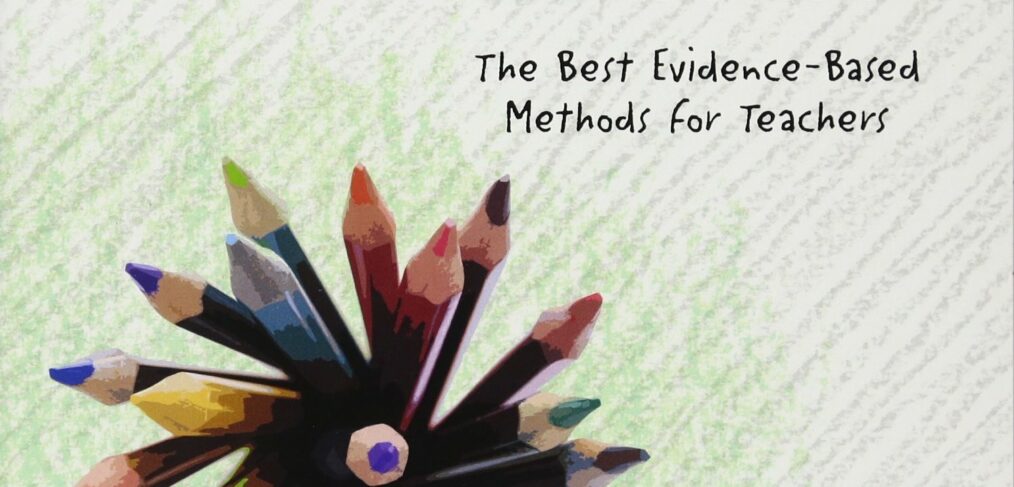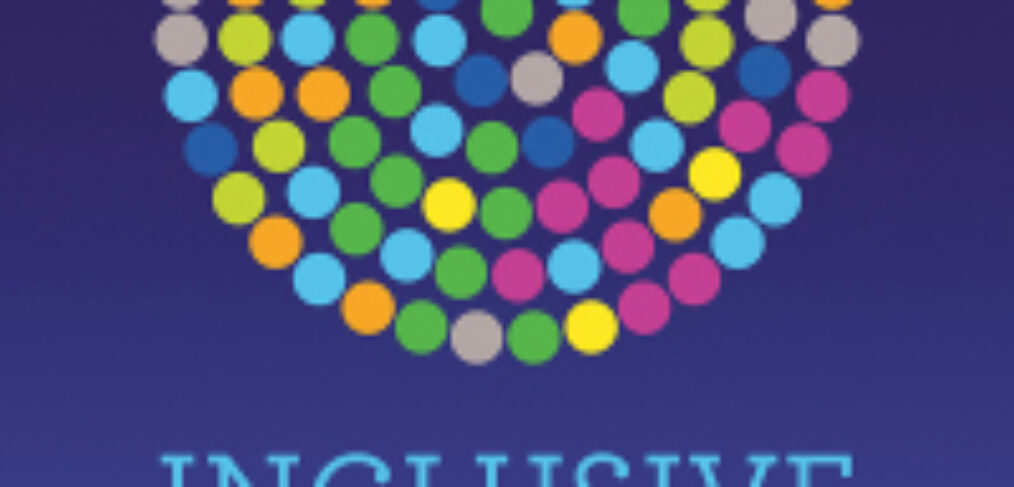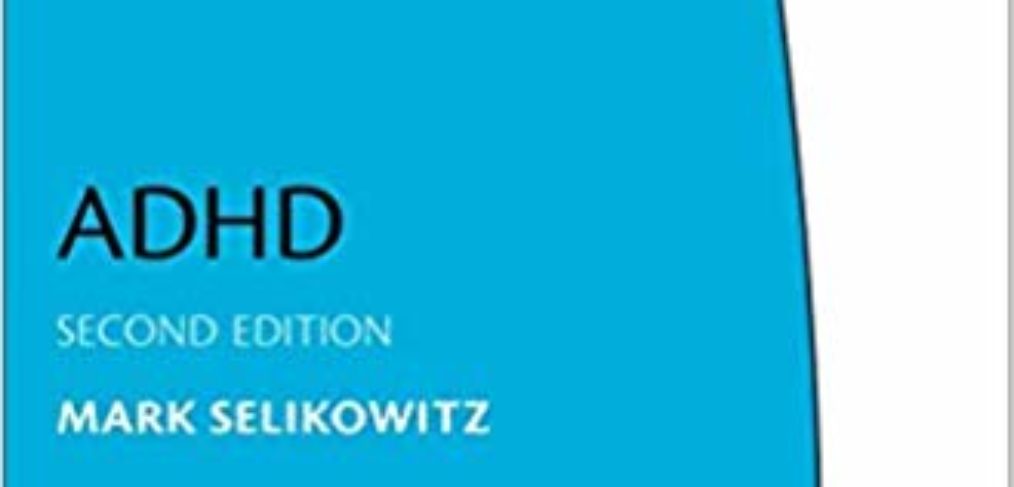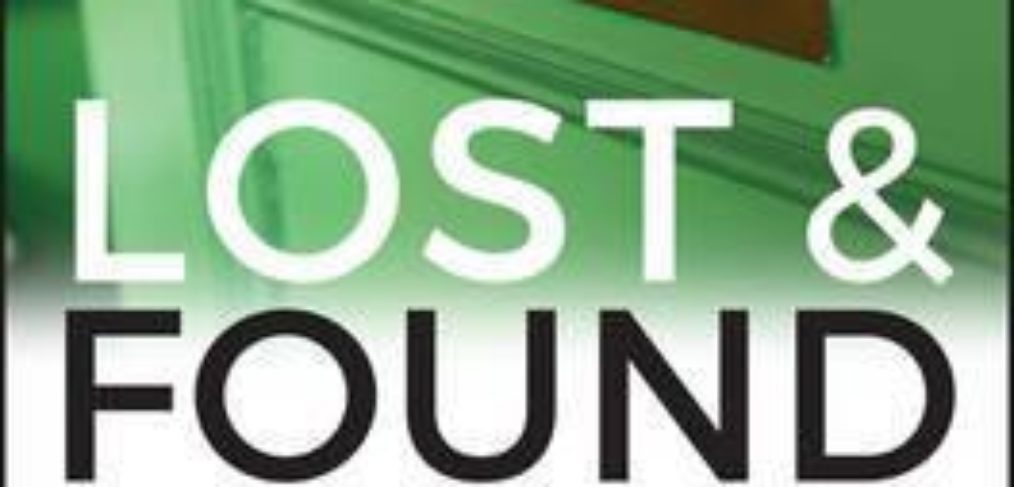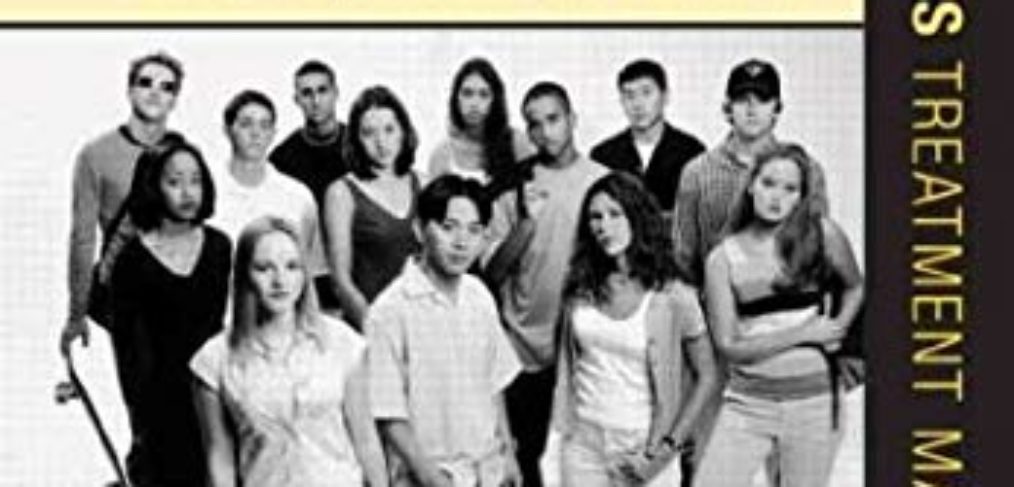Introduction to Internal Family Systems by: Richard C. Schwartz
A highly accessible introduction to a therapeutic approach that brings our inner “parts” into harmony and allows our core Self to lead
We’re all familiar with self-talk, self-doubt, self-judgment yet most of us still view ourselves as if we have one uniform mind. Dr. Richard Schwartz’s breakthrough was recognizing that we each contain an “internal family” of distinct parts and that treating these parts with curiosity, respect, and empathy vastly expands our capacity to heal.
Over the past two decades, Internal Family Systems (IFS) has transformed the practice of psychotherapy. With Introduction to Internal Family Systems , the creator of IFS presents the ideal layperson’s guide for understanding this empowering, effective, and non-pathologizing approach to self-discovery and healing. Here, Dr. Schwartz shares evidence, case studies, and self-care tools to help you:
- Shift from the limiting “mono-mind” paradigm into an appreciation of your marvelous, multidimensional nature
- Unburden your wounded parts from extreme beliefs, emotions, and addictions
- Demystify the most commonly misunderstood parts the Exiles, Managers, and Firefighters
- Transform your most challenging parts from inner obstacles to invaluable allies
- Embrace the existence of innate human goodness in yourself and others
- Connect with the true Self that is greater than the sum of your parts
“The most wonderful discovery I have made is that as you do this work, you release, or liberate, what I call your Self or your True Self the calm, compassionate essence of who you are,” says Dr. Schwartz. “When the Self becomes the leading intelligence in our lives, we create more harmony both within ourselves and in our external lives.” For therapists, their clients, and anyone interested in understanding and healing themselves, here is an essential guide to a revolutionary approach to self-realization, mental wellness, and transformation.
About the Author
Richard C. Schwartz, PhD, is the creator of Internal Family Systems, a highly effective, evidence-based therapeutic model that de-pathologizes the multipart personality. His IFS Institute offers training for professionals and the general public. He is currently on the faculty of Harvard Medical School and has published five books, including No Bad Parts: Healing Trauma and Restoring Wholeness with the Internal Family Systems Model.
